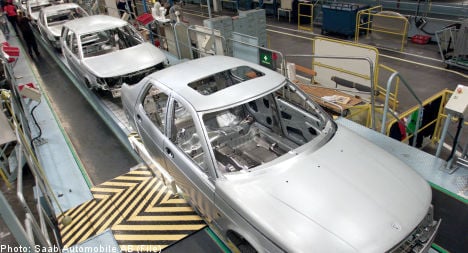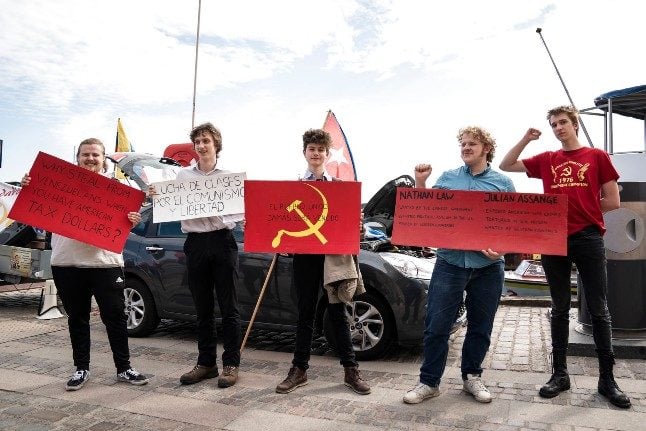The bailout partnership worth €150 million ($212.5 million) in urgently needed cash from Chinese firm Hawtai Motor Group disappeared as suddenly as it had emerged.
Saab and its Dutch owner Spyker announced that the deal was off “with immediate effect” because Hawtai Motor Group had been unable to obtain the green lights it needed.
Saab spokeswoman Gunilla Gustavs voiced disappointment, saying that Saab continued to look for other partners in China.
“It’s fair to say that it is disappointing,” she told AFP in Stockholm.
“The work continues to secure short and medium term funding,” she said adding “it (Saab) is open to both continued dialogue with Hawtai and with others, including Chinese partners.”
She declined to comment on whether the collapse of the deal was linked to comments by Sweden’s top diplomat in Beijing last week.
On Friday, Hawtai defended itself against claims reportedly made by Swedish ambassador Lars Freden which raised doubts about its ability to salvage Saab.
Swedish media last week reported Freden warning the foreign ministry that Hawtai may have inflated its output data and changed chief executives several times in recent years.
“I have no information on that,” Gustavs said when asked about Freden’s comments.
Spyker, a small auto firm, said in a press release. “Spyker announces today that Hawtai Motor Group Company Limited and Spyker terminated the agreement by and between Hawtai, Spyker and Saab Automobile with respect to funding and (a) strategic partnership.”
Announced on May 3, the Hawtai deal was to inject €120 million from the Chinese car maker in return for a stake of up to 29.9 percent in Spyker, and a further 30 million euros in the form of a convertible loan.
It was seen as a last-minute lifeline for Saab, where production stopped on April 6 “until further notice” because unpaid suppliers had halted deliveries.
Spyker itself had rescued Saab in January 2010, buying it from the US giant GM, then in serious financial difficulties, for $400 million.
Spyker had great plans for Saab.
The Hawtai deal was subject to approval and conditions including consent from Chinese government agencies, the European Investment Bank and the Swedish National Debt office.
“Hawtai was subject to definitive transaction documentation and certain conditions which included the consent from stakeholders,” Spyker said.
“Since it became clear that Hawtai was not able to obtain all necessary consents, the parties were forced to terminate the agreement with Saab Automobile and Spyker with immediate effect.”
Earlier this month, the Swedish government gave Saab the green light to sell its property — including its plant in Trollhättan, western Sweden – to raise funds to start up production.
The plan calls for the Swedish National Debt Office (NDO) to release its security in Saab Property to guarantee the EIB loan to Saab.
The Swedish government however said the deal still needed approval from the EIB.
“As soon as the EIB drawdown or other equivalent funding is confirmed, Saab automobile plans to restart production depending on the outcome of discussions with suppliers on terms to resume supplies of materials and services to Saab Automobile,” Spyker said on Thursday.



 Please whitelist us to continue reading.
Please whitelist us to continue reading.
Member comments